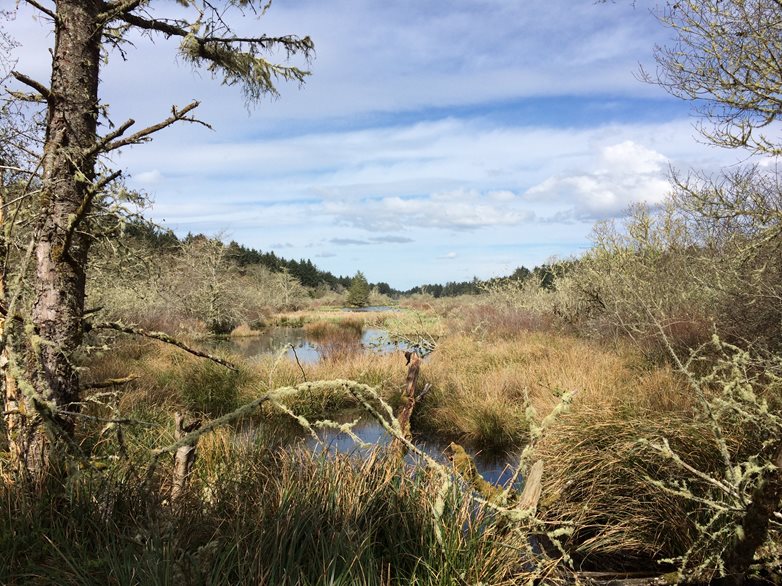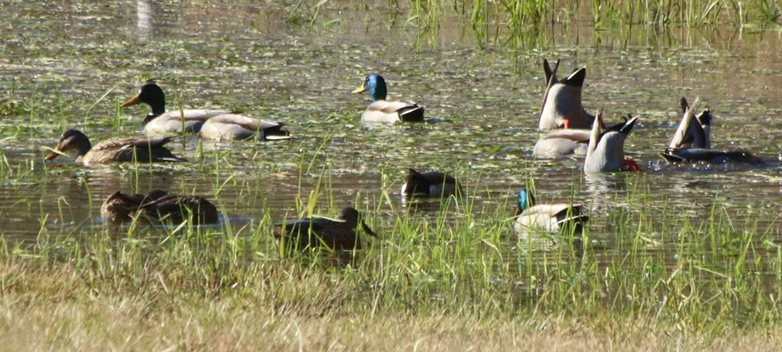Federal wetland regulations
Photo credit: Brent M., Creative Common.
The 1972 federal Clean Water Act affords protections to “waters of the United States" (WOTUS), governs water pollution, and helps protect Washington waters. Our federal partners at the U.S. Army Corps of Engineers (Corps) and U.S. Environmental Protection Agency (EPA) protect waters of the United States, including wetlands.
The Corps and EPA determine jurisdiction for waters of the United States (WOTUS)
Under the Clean Water Act, a permit is required to dispose of dredged or fill material in waters of the United States (WOTUS), including wetlands. The Corps, jointly with EPA, determines the jurisdiction for WOTUS, including wetlands, for all discharges of dredged or fill material associated with activities occurring in WOTUS. Applicants may request a jurisdictional determination from the Corps to verify the presence or absence of WOTUS on their project site. Applicants or their consultants can provide information to the agencies, but the final determination must be made by the Corps.
Revised definition of WOTUS
On May 25, 2023, the U.S. Supreme Court issued its decision in the case of Sackett v. Environmental Protection Agency (EPA). Per this decision, only those adjacent wetlands that are directly touching or have a continuous surface connection to a relatively permanent water are considered waters of the United States. In light of this decision, the EPA and U.S. Army Corps of Engineers will interpret the phrase “waters of the United States” consistent with the Supreme Court’s decision in Sackett.
On Aug. 29, 2023, the federal agencies adopted a final rule that amends the 2023 rule defining WOTUS. This final rule conforms the definition of WOTUS to the U.S. Supreme Court’s Sackett ruling. Visit EPA's Waters of the United States Status webpage for more information.
Ecology has typically worked with federal agencies to streamline environmental permitting for waters under federal oversight. The agency will now use the same process for other waters that have state but not federal protections. Ecology is planning to expand the staff and resources it devotes to reviewing development proposals to deal with the additional workload, and will then issue administrative orders to approve or condition a project before work can begin. See Ecology's State wetland regulations & applicant resources webpage for more information on the permitting process.

These interdunal wetlands on the Long Beach peninsula are vital habitat for migrating birds and other animals.
Washington laws governing wetlands not changed by federal courts
The state Water Pollution Control Act and associated regulations make no distinction between WOTUS and non-WOTUS wetlands. All "waters of the state" are covered by state law.
We continue to regulate non-WOTUS wetlands and apply the water quality standards prescribed by state law. Our process for regulating projects involving non-federally regulated (non-WOTUS) wetlands is similar to the process used for federally-regulated wetlands. See state wetland regulation and applicant resources.
Related links
Contact information
Lauren Driscoll
Wetlands Section Manager
lauren.driscoll@ecy.wa.gov
360-584-5107


